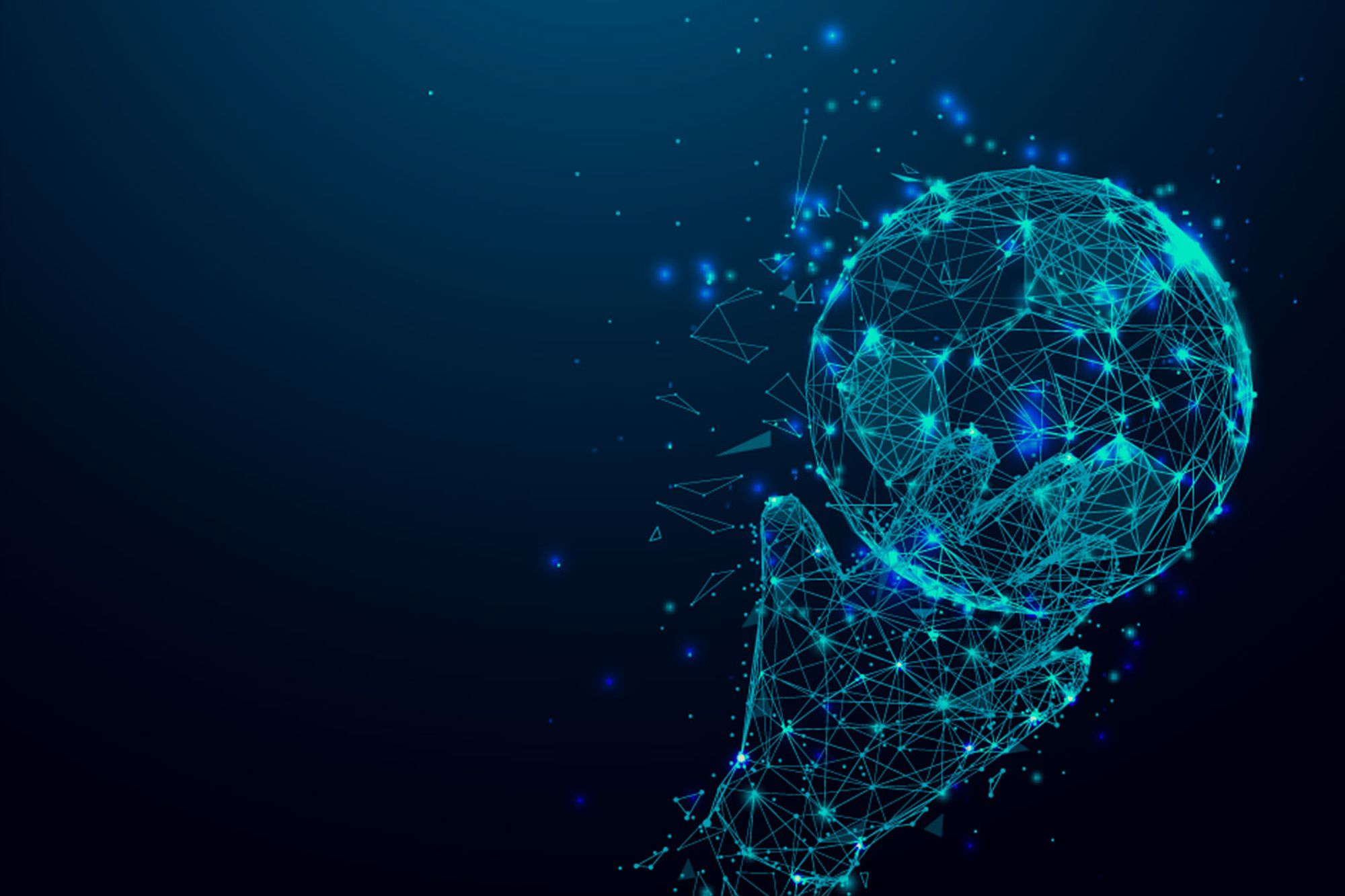
Optimising Goalkeeper Performance: How Technology is Revolutionising Analysis
Antoine Roex, Keeper In Motion – 15 August 2024
Explore the transformative impact of technology in goalkeeping performance analysis. This article details the latest technological tools and methods that enable coaches and goalkeepers to decipher critical aspects of their game, increase efficiency and make strategic decisions based on accurate data. Discover how video analysis, motion sensors, and data analysis software are being used to improve reflexes, positioning, and decision-making for goalkeepers at all levels of the sport.
Advanced Performance Monitoring and Analysis
Modern technology offers precise tools for monitoring the performance of goalkeepers, improving their preparation and execution during matches. Integrated GPS devices with inertial sensors, such as those used by top teams like Feyenoord, can accurately measure the volume and intensity of goalkeepers’ movements. This advanced technology helps coaches analyse data specific to each goalkeeper, allowing them to tailor training plans to individual needs, manage workloads and monitor players’ physical and technical development.
Software dedicated to goalkeeper analysis
Dedicated platforms such as Stopper Pro are transforming the way goalkeeper performance is analysed and improved. These systems offer detailed analysis through intuitive interfaces that record and evaluate performance in various categories such as saves, goals, distribution and more. By providing assessments based on accurate, real-time data, these tools enable coaches to provide individualised feedback and develop training strategies that address each goalkeeper’s strengths and areas for improvement.
Virtual Training and Augmented Reality
The use of virtual reality (VR) and augmented reality (AR) in goalkeeper training provides an immersive simulation of various game scenarios, allowing intensive practice without the risk of injury associated with the real thing. These technologies place goalkeepers in controlled environments where they can rehearse specific game situations, hone their reflexes and improve their decision-making under pressure. For example, VR simulations can replicate penalty shoot-outs or high-intensity game situations, providing valuable mental and technical preparation.
Using Biometrics and Analytics for Personalised Training
Biometrics and wearable technologies are revolutionising goalkeeper training by providing real-time data on their physical and technical condition. Sensors and smart gloves, for example, record detailed information about goalkeepers’ physical response to various stimuli in the game, enabling coaches to create personalised training programmes. These tools help to monitor progress, adjust training loads and prevent injuries, ensuring that goalkeepers are in the best possible condition to perform.
These technologies are transforming the preparation and performance of goalkeepers, enabling more in-depth analysis and a more tailored response to their specific needs.
References :
